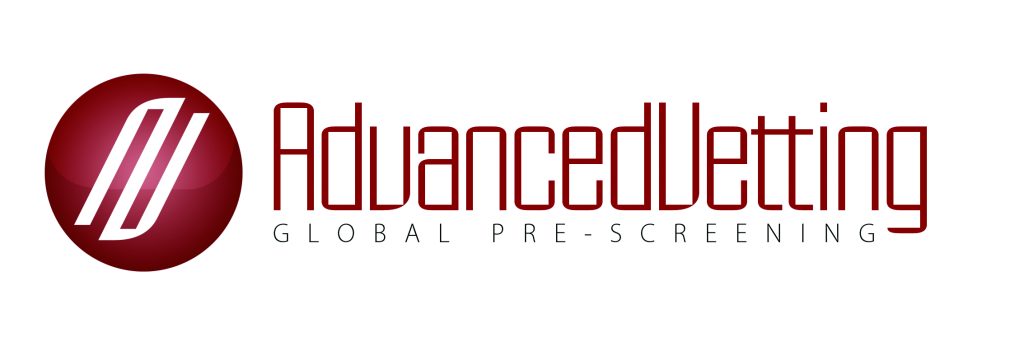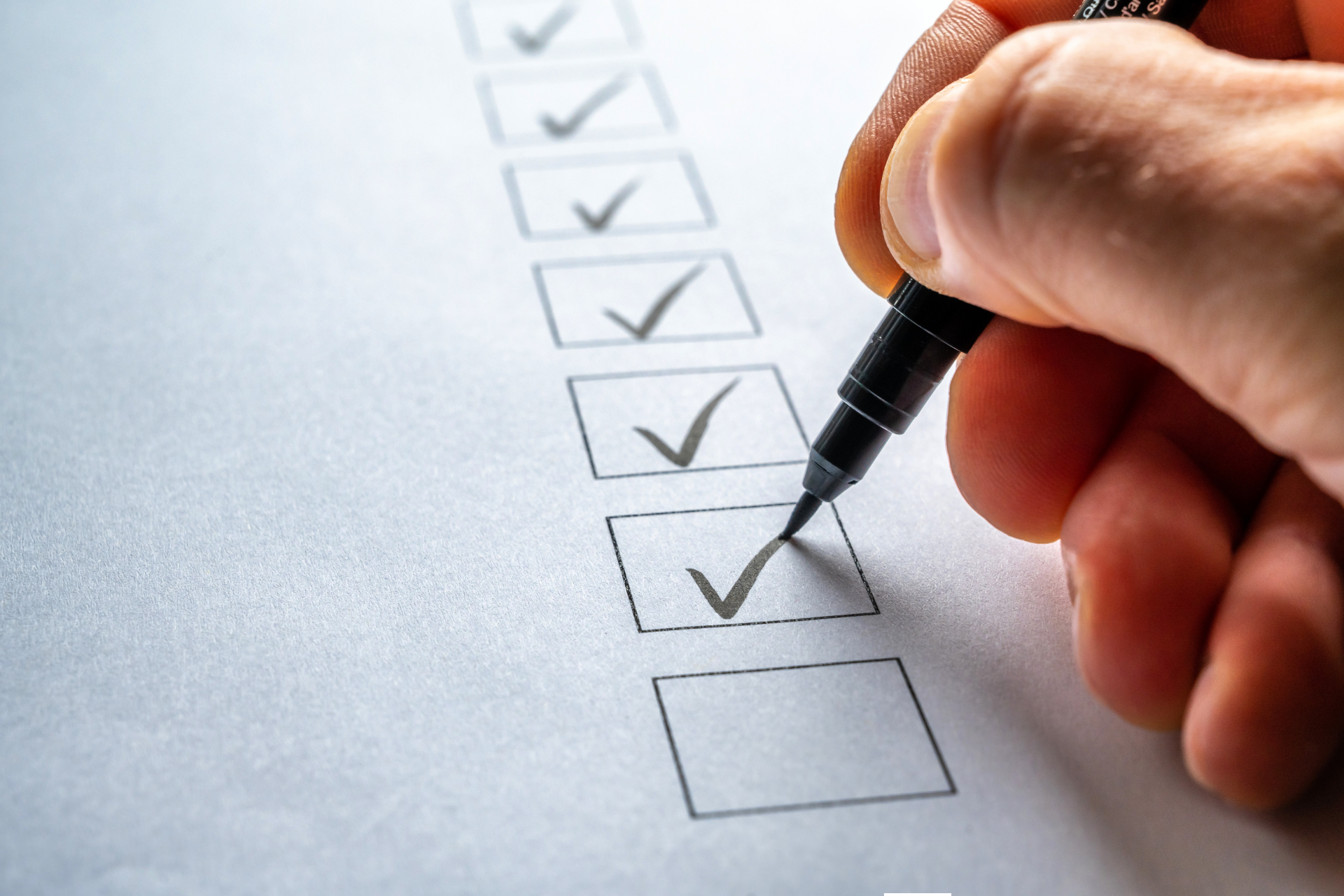Hiring people from other countries has become common for many UK businesses. When companies hire someone with an international background, they need to check that person’s history and credentials. This is often harder than checking UK-based candidates.
International background checks come with their own set of rules and challenges. This guide will help you understand how to do these checks properly and legally.
Why Are International Background Checks Essential?
More companies now need to check backgrounds across different countries. These checks help businesses:
- Make sure candidates have the qualifications they claim to have
- Avoid hiring people with fake credentials
- Follow industry rules and laws
- Protect the company’s reputation
- Keep the workplace safe for everyone
What Legal Challenges Do Employers Face When Conducting International Screening?
Employers conducting international background checks must navigate a range of legal hurdles, from strict data protection laws to varying rules on criminal record access. What is legal in one country may be restricted in another. So, compliance is a key challenge.
Data Protection Rules
Different countries have different rules about personal data. For example, the EU has GDPR and Canada has PIPEDA.
You must follow each country’s rules when you check someone’s background internationally. This means getting proper permission, being clear about how you’ll use the information, and keeping data secure when sending it between countries.
Criminal Record Check Differences
Checking criminal records is often part of background screening. But access to these records varies widely:
- In the UK, we use the Disclosure and Barring Service (DBS)
- The US has checks at county, state, and federal levels
- Some countries limit access to criminal records
- Some places don’t allow employers to ask about criminal history
These differences mean you need to adjust your screening process for each country.
How Do Privacy Laws Impact International Background Screening?
Privacy laws affect how you must conduct background checks. Key points include:
- Getting permission -most countries require clear consent before you check someone’s background. Always ask before collecting personal data.
- Using data properly – you can only use the information for the reason you stated. Don’t apply it to other purposes without permission.
- Collecting what’s needed only – gather only the necessary details. Avoid collecting extra personal information that isn’t relevant.
- Storing data correctly – have clear rules on how long you keep records. Delete data when it’s no longer needed.
- Respecting candidate rights – candidates often have the right to see, correct, or delete their data. Be transparent about their options.
Breaking these privacy rules can lead to fines and damage to your company’s reputation.
What Practical Challenges Emerge During International Verification?
Beyond legal issues, there are practical problems with international checks:
- Language barriers – you may need to translate documents to understand them correctly. Misinterpretation can lead to mistakes.
- Time differences -communicating with offices in other time zones can be tricky. Delays can slow down the hiring process.
- Slow responses – some countries take longer to process background check requests. Be prepared for delays.
- Verifying documents – spotting fake international credentials isn’t always easy. Careful checks help confirm authenticity.
- Different name formats – people from different cultures write their names in different ways. This can cause confusion when matching records.
- Education verification – confirming degrees from foreign schools can be challenging. Some institutions respond slowly or have limited records.
Overcoming these challenges requires experience and good international contacts.
How Can Organisations Ensure Compliance When Conducting International Background Checks?
To stay compliant when checking international backgrounds, follow these steps:
1. Develop Clear Policies
Create detailed screening policies that include:
- Which checks you’ll do for different jobs
- How you’ll get consent
- How you’ll protect and store information
- How you’ll evaluate results fairly
2. Establish Consistent Processes
Use the same approach for all international background checks, while adapting to each country’s rules. This ensures fairness and compliance.
3. Understand Right to Work Requirements
Checking the right to work is crucial for international candidates. Each country has different document requirements, and you need to know what’s acceptable in your location.
4. Document Everything
Keep thorough records of consent, screening processes, and results. This documentation helps if questions arise later.
What Elements Should International Background Checks Include?
Good international background checks usually include:
- Identity verification – Making sure the person is who they say they are.
- Right to work verification – Checking they can legally work in your country.
- Criminal record checks – Looking for relevant criminal history where legally allowed.
- Employment history verification – Confirming previous jobs and responsibilities.
- Education verification – Checking academic credentials and qualifications.
- Reference checks – Getting insights from previous employers.
- Professional licence verification – Making sure required certifications are valid.
How Can Advanced Vetting Support Your International Background Checks?
Hiring candidates from different countries comes with various challenges. Advanced Vetting makes the process easier by providing expert, reliable global screening.
Our Approach
International background checks aren’t always straightforward. Many countries don’t have clear systems, making verification tricky. That’s why we work with trusted partners worldwide – some for over 20 years – to access records legally through criminal courts, police databases, and other official sources.
What We Offer
- Global Pre-Employment Screening – Checking identity, work history, and qualifications worldwide.
- International Criminal Record Checks – Searching criminal records in over 200 countries.
- Industry-Specific Expertise – Tailoring checks to different job roles and sectors.
- Fast Turnaround – Many international checks are completed in two weeks.
With Advanced Vetting, you get accurate, compliant screening, so you can confidently hire international candidates. Need checks in a specific country? Get in touch to find out more.
Stay Compliant, Hire Smart
The rules for international background checks change often. Working with experts helps you stay compliant and ensures thorough screening, no matter where your candidates have lived, worked, or studied.
With Advanced Vetting, you get access to our global network, expert knowledge, and careful verification process. Our approach helps you hire with confidence and reduce risks when hiring internationally. Contact our team today for more details on how we can support your screening needs.
Additional sources:
https://laws-lois.justice.gc.ca/eng/acts/p-8.6/
International Background Checks: Frequently Asked Questions
Why are international background checks important?
They confirm identity, prevent fraud, and help employers hire safely and legally across borders.
What legal issues arise with international checks?
Varying laws, like GDPR or PIPEDA, affect data use, consent, and access to records between countries.
Do all countries allow access to criminal records?
No. Some restrict or deny access, while others require special permissions or offer limited information.
How do privacy laws affect international screening?
You must get consent, limit data collection, store info securely, and respect candidates’ rights.
What are the common challenges of international checks?
Language barriers, slow responses, time zones, document verification, and differing education systems.
How can UK employers verify right to work for foreign hires?
They must check valid visas or permits and understand acceptable documents under UK law.
What should be included in an international background check?
ID, right to work, criminal history, job history, education, licences, and professional references.
How can companies stay compliant with global screening laws?
Use standardised policies, keep records, follow local laws, and partner with expert vetting providers.
How long do international checks usually take?
Turnaround varies, but many checks are completed within 10–15 business days depending on the country.
How does Advanced Vetting help with global screening?
We provide tailored checks across 200+ countries using trusted legal sources and long-term partners.






